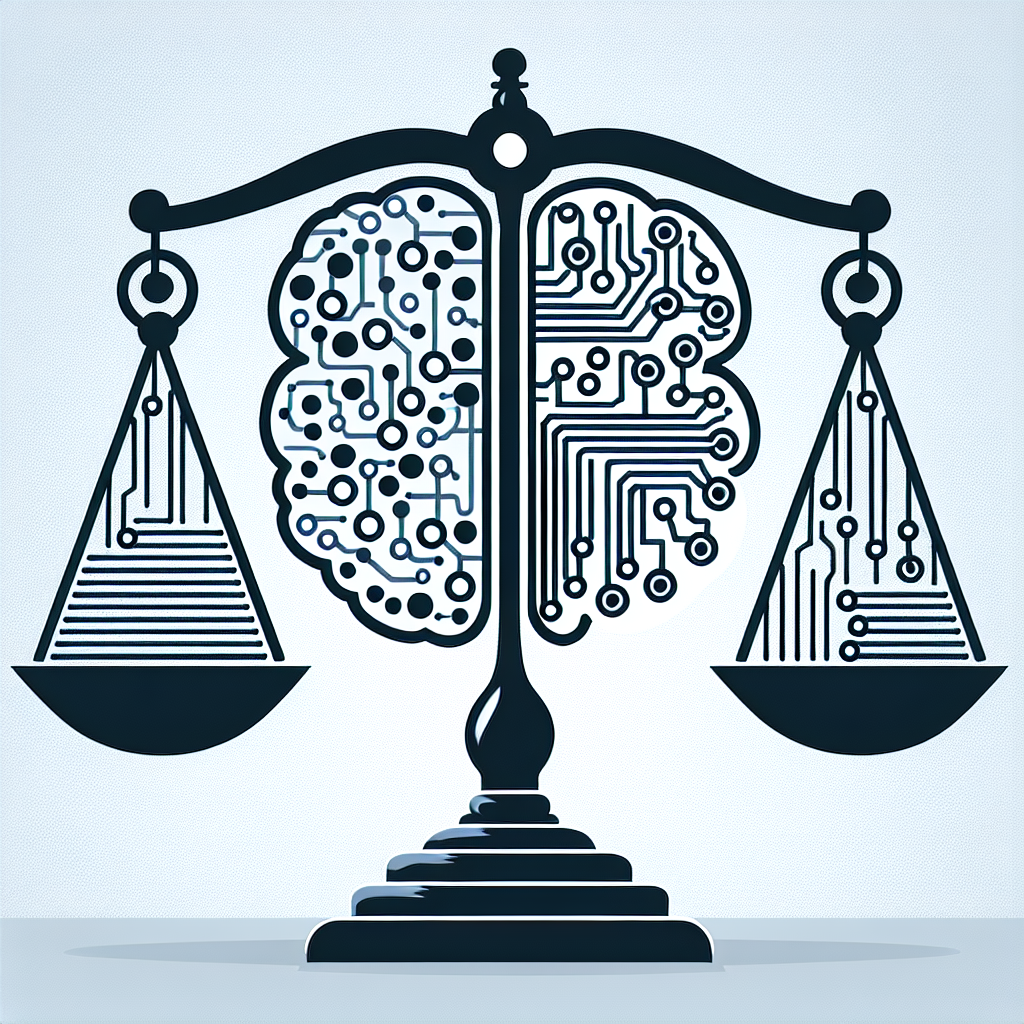The legal industry is undergoing a significant transformation due to advancements in technology, particularly artificial intelligence (AI). AI is revolutionizing the way legal professionals work, providing new tools and capabilities that can streamline processes, increase efficiency, and improve outcomes for clients. In this article, we will explore the role of AI in the legal industry, its impact on various aspects of legal practice, and the challenges and opportunities it presents.
AI in Legal Research
One of the most significant ways AI is changing the legal industry is in the area of legal research. Traditionally, legal research involved hours of manually searching through case law, statutes, and other legal documents to find relevant information. AI-powered tools like legal research platforms can now quickly search through vast amounts of data to find relevant cases, statutes, and other legal materials, saving lawyers time and improving the quality of their research.
These tools use natural language processing and machine learning algorithms to analyze and understand legal texts, making it easier for lawyers to find the information they need. Some platforms even offer predictive analytics, which can help lawyers anticipate how a judge might rule on a particular issue based on past cases.
AI in Contract Review and Analysis
Another area where AI is making a big impact is in contract review and analysis. Reviewing contracts is a time-consuming task that requires lawyers to carefully read through each document to identify key terms, potential risks, and areas for negotiation. AI-powered contract review tools can now automate much of this process, allowing lawyers to quickly review and analyze contracts for potential issues.
These tools use machine learning algorithms to identify and extract key information from contracts, such as deadlines, obligations, and termination clauses. They can also flag potential risks and inconsistencies, helping lawyers to negotiate better terms and avoid costly mistakes.
AI in Predictive Analytics
AI is also being used in the legal industry for predictive analytics, which involves using data and algorithms to predict future outcomes. For example, some law firms are using AI-powered tools to analyze past case outcomes and help predict how a judge might rule on a particular issue. This can help lawyers make more informed decisions and develop better strategies for their cases.
Predictive analytics can also be used for business development, helping law firms identify potential clients and opportunities for growth. By analyzing data on past clients, market trends, and other factors, AI can help firms target their marketing efforts more effectively and attract new business.
Challenges and Opportunities
While AI offers many benefits to the legal industry, it also presents challenges and opportunities. One of the main challenges is the ethical and regulatory issues surrounding the use of AI in legal practice. For example, there are concerns about bias in AI algorithms, which could lead to unfair outcomes for certain groups of people. There are also questions about the liability of AI systems in legal practice, particularly in cases where AI makes a mistake or gives incorrect advice.
On the other hand, AI also presents opportunities for legal professionals to improve their practice and better serve their clients. By embracing AI tools and technologies, lawyers can increase their efficiency, reduce costs, and deliver better outcomes for their clients. AI can also help law firms differentiate themselves in a competitive market, attracting new clients and expanding their business.
FAQs
Q: How is AI being used in the legal industry?
A: AI is being used in the legal industry in various ways, including legal research, contract review and analysis, predictive analytics, and more. AI-powered tools can help lawyers streamline processes, increase efficiency, and improve outcomes for clients.
Q: What are some of the benefits of using AI in legal practice?
A: Some of the benefits of using AI in legal practice include faster and more accurate legal research, automated contract review and analysis, predictive analytics for case outcomes, and improved efficiency and cost-effectiveness.
Q: What are some of the challenges of using AI in legal practice?
A: Some of the challenges of using AI in legal practice include ethical and regulatory issues, concerns about bias in AI algorithms, questions about liability in cases of AI errors, and the need for ongoing training and education for legal professionals.
In conclusion, AI is playing an increasingly important role in the legal industry, offering new tools and capabilities that can help lawyers work more efficiently, deliver better outcomes for clients, and grow their businesses. While AI presents challenges and opportunities for legal professionals, those who embrace these technologies are likely to thrive in an increasingly competitive market. By leveraging AI tools and technologies, lawyers can stay ahead of the curve and continue to provide high-quality legal services to their clients.

